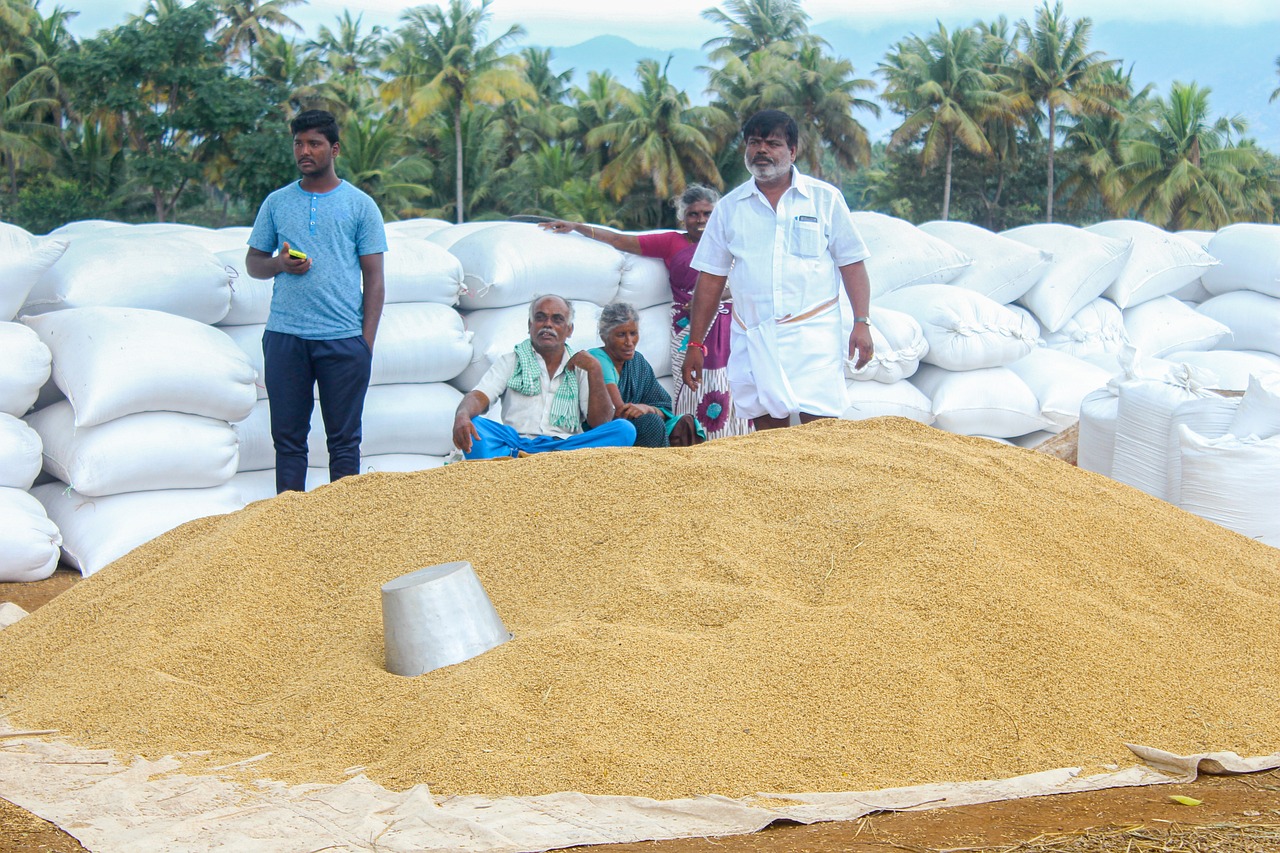Addressing Voter Suppression Tactics Targeting Individuals with Criminal Records: Allexch login app, 99 exch, All panel login
allexch login app, 99 exch, all panel login: Voter suppression tactics targeting individuals with criminal records are a major issue in many countries around the world. These tactics not only undermine the democratic process but also disproportionately affect marginalized communities. It’s essential to address these tactics and advocate for the rights of all citizens to participate in the electoral process.
Understanding Voter Suppression Tactics
One of the most common tactics used to suppress the vote of individuals with criminal records is the imposition of laws that restrict their ability to vote. These laws vary by country and state but often include restrictions on voting rights for individuals who have been convicted of felonies. In some cases, these restrictions can last for years or even indefinitely, making it challenging for individuals to fully participate in democracy.
Another tactic used to suppress the vote of individuals with criminal records is misinformation. Some individuals may be wrongly informed that they are not eligible to vote due to their criminal history, even if they are legally allowed to do so. This misinformation can discourage individuals from exercising their right to vote, further disenfranchising them from the democratic process.
Addressing Voter Suppression
It’s crucial to address voter suppression tactics targeting individuals with criminal records through advocacy and education. By raising awareness about these tactics and the rights of individuals with criminal records, we can empower them to participate in the electoral process.
Legal challenges can also be an effective way to combat voter suppression tactics. By challenging discriminatory laws and policies in court, we can work towards ensuring that all individuals have equal access to the ballot box. Organizations dedicated to voting rights, such as the ACLU and the NAACP, play a crucial role in fighting voter suppression tactics and protecting the rights of all citizens.
FAQs:
Q: Can individuals with criminal records vote?
A: The rules vary by country and state, but in many places, individuals with criminal records can vote, even while on probation or parole. It’s essential to check the specific laws in your area to determine your eligibility.
Q: How can individuals with criminal records register to vote?
A: Individuals with criminal records can register to vote just like any other citizen. They can do so online, by mail, or in person at their local election office.
Q: What can I do to help combat voter suppression tactics targeting individuals with criminal records?
A: You can get involved with organizations dedicated to voting rights, support legal challenges to discriminatory laws, and educate others about the rights of individuals with criminal records to participate in the electoral process.
In conclusion, addressing voter suppression tactics targeting individuals with criminal records is essential to upholding democracy and ensuring that all citizens have equal access to the ballot box. By advocating for their rights, challenging discriminatory laws, and raising awareness, we can work towards a more inclusive and equitable electoral process for all.







